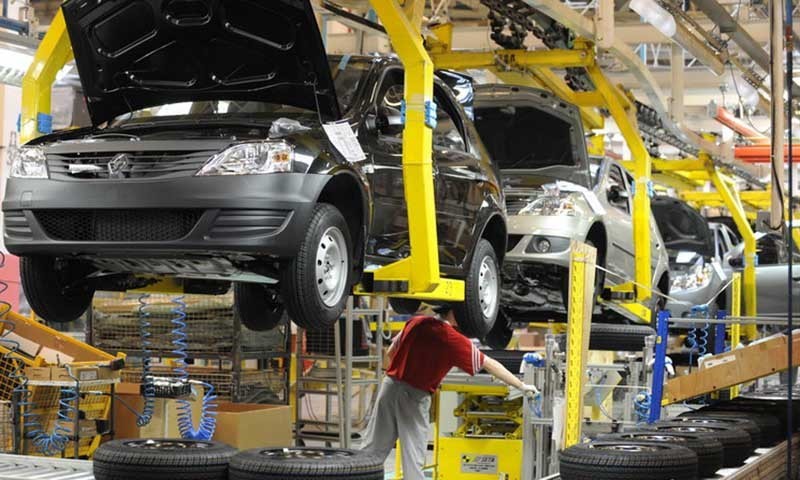Karachi: Pakistan can attract investments of $4-5 billion over the next three to four years in the automobile industry, says Pakistan Association of Automotive Parts and Accessories Manufacturers (Paapam).
“Economic indicators suggest that the automobile industry is about to take off. Local and foreign investors are ready to inject billions but they are waiting for announcement of the new auto policy,” former Paapam chairman Aamir Allawala said while speaking to reporters on Thursday.
When asked about his optimism, he said automobile demand in the country had reached 2006-07 levels when it crossed 254,000 vehicles for the first time. The auto industry, after a gap of seven years, is all set to grow significantly like that in Indonesia, Thailand and other countries.
Allawala was of the view that the China-Pakistan Economic Corridor (CPEC) was going to boost automobile demand, including heavy vehicles. That was also a reason why a lot of new players, carmakers and makers of heavy vehicles were ready to enter the Pakistan market, he said.
“The government is desperately looking for foreign direct investment (FDI), revenue generation and creation of new jobs. The auto industry has the potential to meet all these requirements.”
Replying to a question, he said the government supported the auto part manufacturers but they could not grow unless more cars were produced in the country.
“We believe the government is ready to announce the new auto policy, but the Federal Board of Revenue (FBR) has some reservations. We would request the FBR to move forward and help the auto part makers.”
He expressed the hope that when the local automakers started investing in Pakistan, it would give a strong signal to the companies that were ready to enter and invest in the country.
“Foreign companies that want to enter Pakistan can go to those countries that have strong potential in the auto sector,” he said. “This is why we want the government to announce the new policy so that they come to Pakistan instead of going to markets of Eastern Europe or Africa.”
The first auto policy ended in June 2012 and the industry had been waiting for over three years for the new policy prior to pushing ahead with its investment plans, Paapam Vice Chairman Mehmood Alam Sherani said.
“The government should announce the auto policy without further delay as it will give a clear signal to the original equipment manufacturers (OEMs) and vendors who are ready to make long-term investments,” he said.
This is an opportune moment for the government to encourage existing auto assemblers as well as 1,600 auto part manufacturing companies to make fresh investments and set up new plants to create additional capacity and meet the rising demand.
Former Paapam chairman Munir K Bana believes the new policy will trigger growth in the auto sector and help address key challenges such as stimulating foreign and domestic investment, increasing tax revenues through higher production of cars and employment generation through localisation of 50% of vehicle parts.






